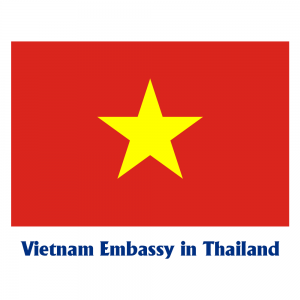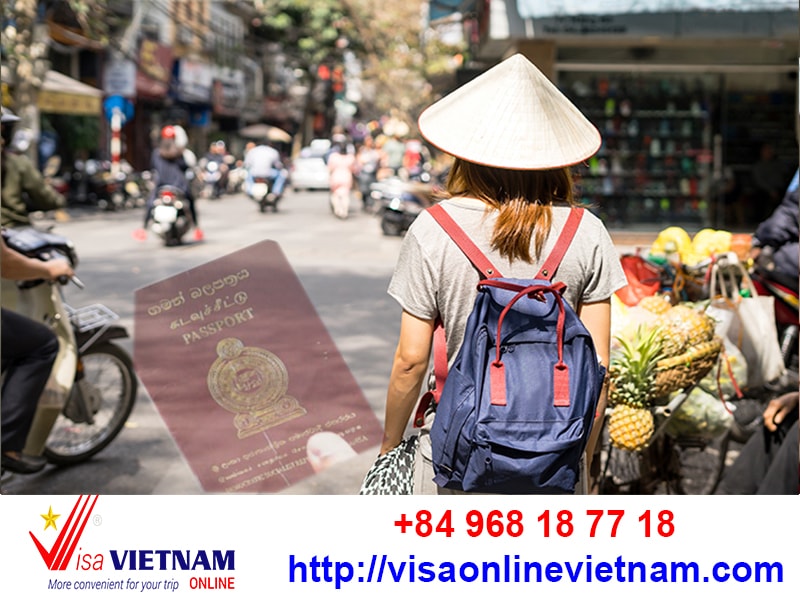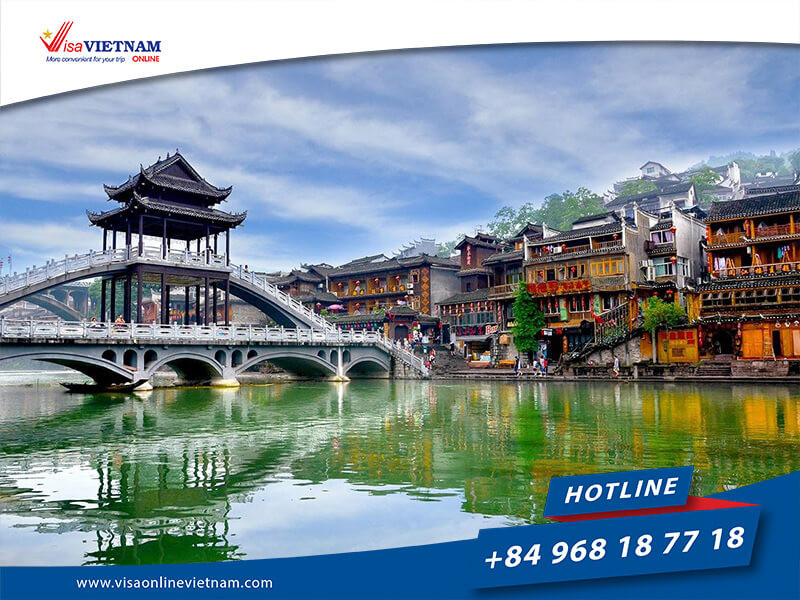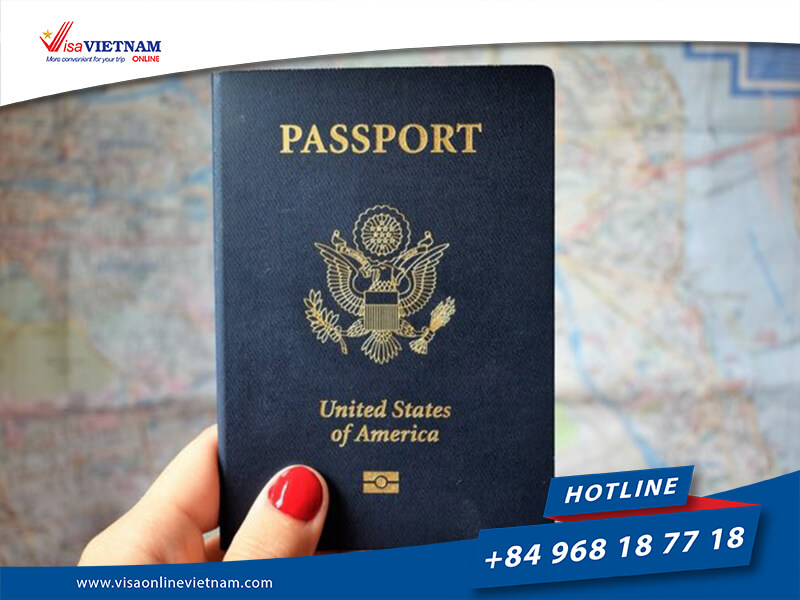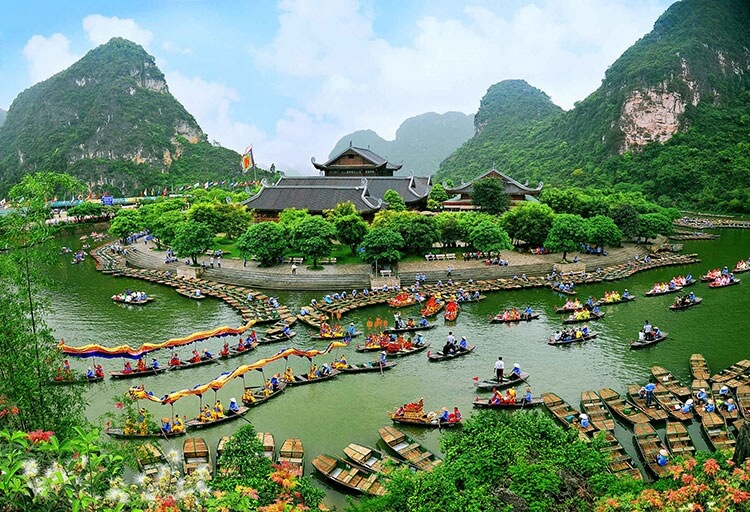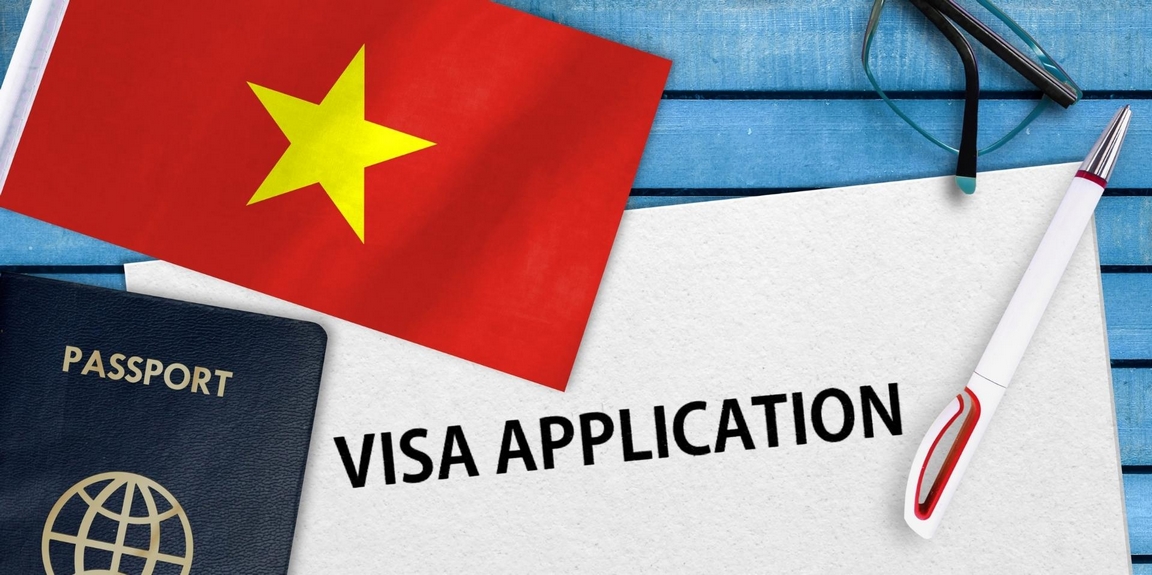
Vietnam Visa for NewZealand Citizens: Requirements, Application, and FAQs
As a New Zealand citizen, exploring the captivating landscapes, vibrant cities, and rich cultural heritage of Vietnam is a dream for many adventurous travelers. However, before embarking on your Vietnamese journey, it’s crucial to understand the visa requirements and application process. This comprehensive guide will provide you with all the necessary information to navigate the Vietnam visa system seamlessly, ensuring a stress-free and hassle-free travel experience.
Applying for a Vietnam Visa from New Zealand
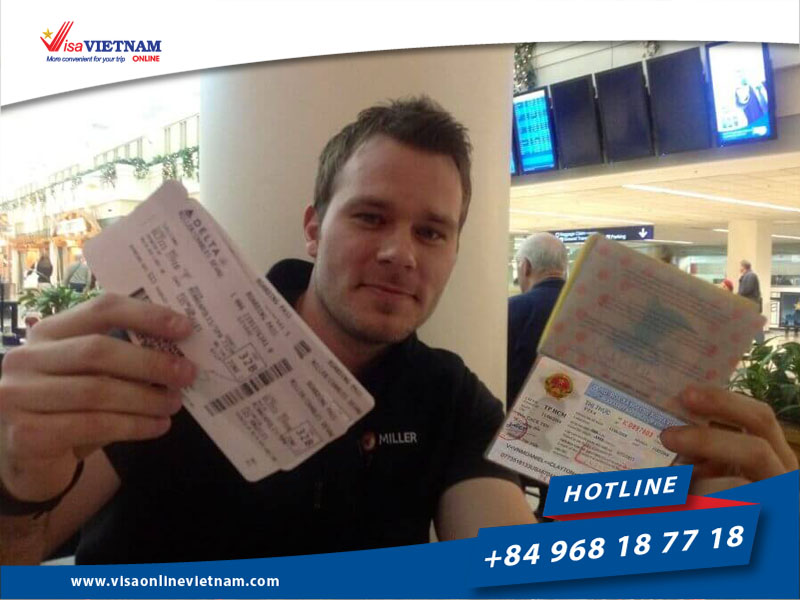
Overview of the visa application process
The visa application process for Vietnam can seem daunting, but it’s relatively straightforward. You can choose to apply for a visa through various methods:
- Visa on Arrival: This option allows you to obtain your visa upon arrival at designated airports in Vietnam.
- E-visa: This method allows you to apply for a visa online and receive it electronically.
- Embassy Visa: This traditional method requires you to submit your application at the Vietnamese Embassy in New Zealand.
Each of these options has its own set of requirements, processing times, and fees, which we’ll explore in detail in the following sections.
Different types of visas available for New Zealand citizens
New Zealand citizens can apply for various types of visas to enter Vietnam, depending on the purpose and duration of their stay. The most common visa types include:
- Tourist Visa: This visa is suitable for travelers visiting Vietnam for tourism purposes, such as sightseeing, visiting friends and family, or attending events.
- Business Visa: This visa is designed for individuals traveling to Vietnam for business-related activities, such as attending meetings, conferences, or negotiations.
- Work Visa: This visa is required for New Zealand citizens who plan to work or volunteer in Vietnam for an extended period.
- Student Visa: This visa is applicable for New Zealand citizens enrolled in educational institutions or language programs in Vietnam.
The specific visa requirements and application process may vary depending on the type of visa you are applying for. It’s essential to carefully consider your travel plans and choose the appropriate visa option to ensure a smooth and hassle-free entry into Vietnam.
Where to submit your visa application
The location where you submit your visa application will depend on the type of visa you are applying for and the method you choose.
- Visa on Arrival: You will not need to submit your application in advance. Instead, you will complete the application and submit the required documents upon arrival at a designated airport in Vietnam.
- E-visa: You will apply for and receive your visa online, without the need to visit the Vietnamese embassy or consulate.
- Embassy Visa: You will need to submit your visa application and supporting documents directly to the Vietnamese Embassy in New Zealand.
It’s essential to research the specific requirements and procedures for each visa application method to ensure a smooth and successful application process.
Vietnam Visa Requirements for New Zealand Citizens
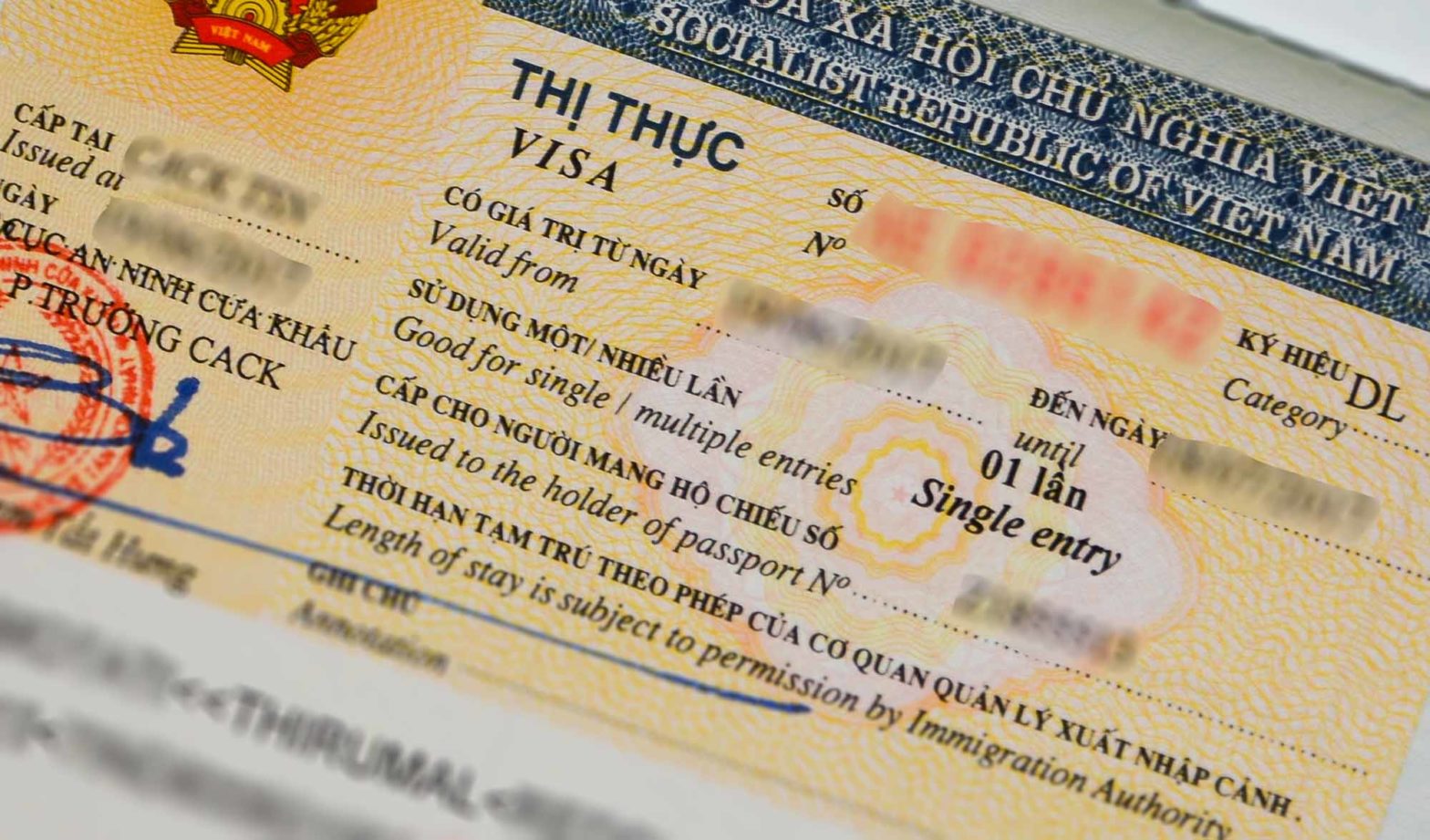
To apply for a Vietnam visa as a New Zealand citizen, you’ll need to fulfill the following requirements:
Valid passport requirements
Your passport must be valid for at least 6 months from the date of your planned arrival in Vietnam. Additionally, your passport should have at least one blank page available for the visa stamp.
Visa application form
You will need to complete a Vietnam visa application form, which can be obtained either online or from the Vietnamese Embassy in New Zealand. Make sure to fill out the form accurately and provide all the required information.
Passport-sized photos
You will need to submit two recent, passport-sized photographs that meet the specified requirements, such as size, background, and frontal positioning.
Proof of travel arrangements
Depending on the type of visa you’re applying for, you may need to provide proof of your travel arrangements, such as flight tickets, hotel reservations, or a detailed itinerary.
It’s important to note that the specific requirements may vary slightly depending on the visa application method you choose. Be sure to thoroughly review the guidelines and gather all the necessary documents before submitting your application.
Processing Time and Fees
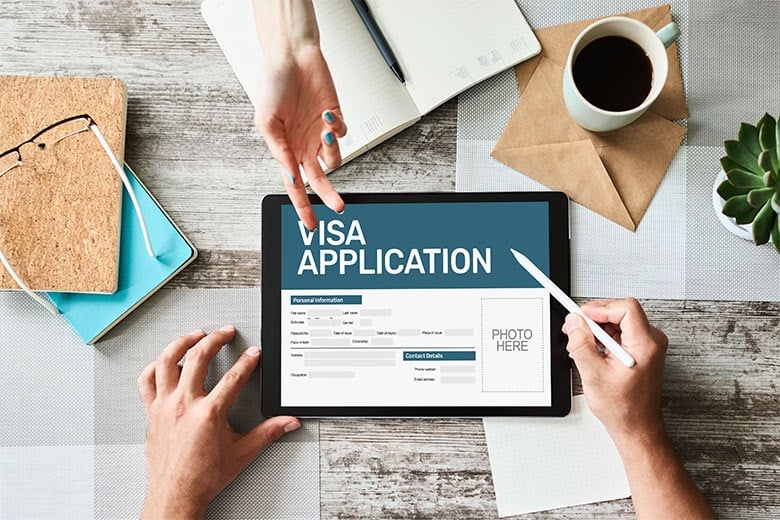
Standard processing time
The processing time for a Vietnam visa can vary depending on the application method and the current workload of the visa authorities. Generally, the processing time can range from a few business days to several weeks.
- Visa on Arrival: The processing time for a visa on arrival is typically faster, with the visa being issued upon arrival at the designated airports in Vietnam.
- E-visa: The processing time for an e-visa is usually faster than the embassy visa, with the visa being issued electronically within a few business days.
- Embassy Visa: The processing time for a visa application submitted through the Vietnamese Embassy in New Zealand can take several weeks, depending on the current workload and the time of year.
Expedited processing options
For those who need to travel to Vietnam on short notice, some visa application methods offer expedited processing options for an additional fee. This can significantly reduce the processing time, but it’s essential to plan ahead and submit your application as early as possible to avoid any delays.
Visa fees for New Zealand citizens
The visa fees for New Zealand citizens can vary depending on the type of visa, the application method, and any additional services or expedited processing fees. Generally, the visa fees range from around $25 to $135 USD, but it’s best to check the current fees on the Vietnamese Embassy’s website or with your visa provider.
Vietnam Visa Extension for New Zealand Citizens
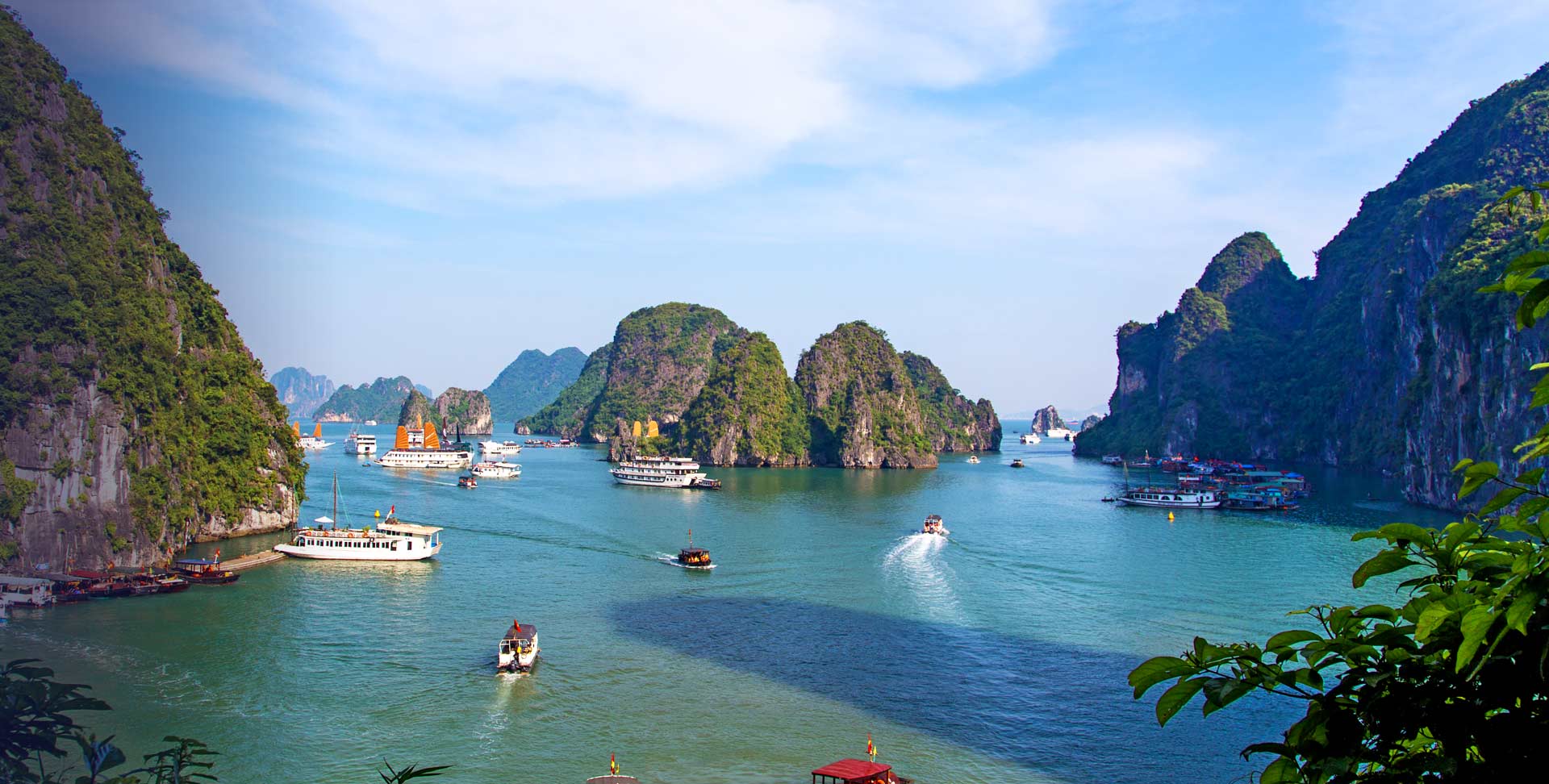
Extending your stay in Vietnam
If you need to extend your stay in Vietnam beyond the initial visa duration, you can apply for a visa extension. This can be particularly useful if you discover that your travel plans have changed or if you decide to extend your vacation.
Requirements for visa extension
To extend your Vietnam visa, you’ll typically need to provide the following:
- A completed visa extension application form
- Your valid passport
- Passport-sized photographs
- Proof of your ongoing travel plans or reasons for extending your stay
- The required visa extension fee
Process for extending your visa
The process for extending your Vietnam visa can vary depending on your location and the visa application method you used initially. In general, you’ll need to submit your extension application and supporting documents to the local immigration office or a designated visa service provider in Vietnam.
It’s important to note that the visa extension process should be initiated before your current visa expires to avoid any penalties or issues at the border.
Visa on Arrival Option for New Zealand Citizens
Understanding the visa on arrival process
The visa on arrival option allows New Zealand citizens to obtain their visa upon arrival at designated airports in Vietnam. This can be a convenient option for those who prefer to finalize their travel plans closer to their departure date or for those who have limited time to apply for a visa in advance.
Eligibility for visa on arrival
To be eligible for a visa on arrival, you must meet the following requirements:
- Hold a valid passport with at least 6 months of validity
- Have a confirmed flight itinerary to Vietnam
- Arrange for a pre-approved visa letter or approval letter before your arrival
How to apply for a visa on arrival
To apply for a visa on arrival, you’ll need to follow these steps:
- Obtain a pre-approved visa letter or approval letter from a licensed Vietnamese travel agent or visa service provider.
- Upon arrival at the designated airport in Vietnam, proceed to the visa on arrival counter and submit your passport, application form, and required documentation.
- Pay the visa fee, either in cash or by credit card, at the visa on arrival counter.
- Receive your visa stamp in your passport and proceed through immigration.
Remember to check the list of designated airports that offer the visa on arrival service, as it may be limited to certain entry points.
E-visa Option for New Zealand Citizens
Overview of the e-visa program
The Vietnam e-visa program allows New Zealand citizens to apply for and receive their visa electronically, eliminating the need to visit the Vietnamese Embassy or consulate. This option is convenient and can be a faster alternative to the traditional embassy visa application process.
Eligibility criteria for e-visa
To be eligible for a Vietnam e-visa, you must meet the following criteria:
- Hold a valid passport with at least 6 months of validity
- Be a citizen of a country that is eligible for the Vietnam e-visa program (New Zealand is included in the list of eligible countries)
- Have a valid email address to receive your e-visa
Application process for an e-visa
The process for applying for a Vietnam e-visa is as follows:
- Access the official Vietnam e-visa website and complete the online application form.
- Upload the required documents, such as a digital copy of your passport and passport-sized photo.
- Pay the e-visa fee online using a credit or debit card.
- Receive your e-visa electronically within a few business days, which you can then print or save on your device.
- Present your printed e-visa or electronic copy upon arrival in Vietnam.
The e-visa is typically valid for a single entry and can be used for stays of up to 30 days in Vietnam.
Embassy Visa Application for New Zealand Citizens
Submitting your visa application through the Vietnamese embassy
If you prefer the traditional method of applying for a Vietnam visa, you can submit your application directly to the Vietnamese Embassy in New Zealand. This option may be suitable for those who require a multiple-entry visa or a visa with a longer duration.
Required documents for embassy visa application
When applying for a Vietnam visa through the embassy, you’ll need to provide the following documents:
- Completed visa application form
- Passport with at least 6 months of validity and at least one blank page
- Passport-sized photographs
- Proof of travel arrangements (e.g., flight tickets, hotel reservations)
- Visa fee payment
The specific requirements may vary, so it’s essential to check the embassy’s website or contact them directly for the most up-to-date information.
Processing time for embassy visa applications
The processing time for a Vietnam visa application submitted through the embassy can take several weeks, depending on the current workload and the time of year. It’s recommended to apply for your visa well in advance of your planned travel dates to ensure a timely approval.
Traveling to Vietnam with a Visa
Entry requirements for New Zealand citizens
As a New Zealand citizen, you’ll need to present a valid Vietnam visa or e-visa upon arrival in Vietnam. Ensure that your visa is appropriate for the purpose and duration of your stay, and that it hasn’t expired.
What to expect at the Vietnamese border
When you arrive at the Vietnamese border, you’ll need to proceed to the immigration counter and present your passport, visa, and any other required documents. The immigration officials will review your documents and may ask you a few questions about the purpose of your visit.
Tips for a smooth entry process
To ensure a smooth entry into Vietnam, consider the following tips:
- Have all your documents readily available and organized
- Be prepared to answer questions about your travel plans and purpose of visit
- Remain calm and cooperative during the immigration process
- Be aware of any changes in entry requirements or procedures
By being well-prepared and following the proper protocols, you can minimize any delays or issues at the Vietnamese border.
Extending Your Stay in Vietnam
Options for extending your visa while in Vietnam
If you need to extend your stay in Vietnam beyond the initial visa duration, you have a few options:
- Visa Extension: You can apply for a visa extension with the local immigration office in Vietnam. This typically involves submitting an application, providing supporting documents, and paying the applicable fees.
- Multiple-Entry Visa: Consider applying for a multiple-entry visa before your trip, which allows you to exit and re-enter Vietnam without the need for a visa extension.
- Visa Run: Some travelers choose to leave Vietnam briefly and then re-enter with a new visa, often referred to as a “visa run.” However, this option may be subject to restrictions and should be carefully researched.
Overstaying your visa and consequences
It’s important to be mindful of your visa’s expiration date and to adhere to the terms and conditions of your visa. Overstaying your visa can result in penalties, fines, and even legal issues. If you find yourself in a situation where you need to extend your stay, be sure to follow the proper procedures to avoid any problems.
Seeking assistance for visa extensions
If you need help with extending your Vietnam visa or have any questions about the process, consider seeking the assistance of a reputable travel agency or visa service provider. They can guide you through the necessary steps and ensure that your application is submitted correctly.
Notes
Currency exchange tips for visa fees
When paying the visa fees, it’s recommended to use US dollars or Vietnamese dong (VND). Be aware of the current exchange rates and any applicable fees charged by your bank or currency exchange service.
Keeping a copy of your visa approval letter
Regardless of the visa application method you choose, it’s a good idea to keep a copy of your visa approval letter or e-visa confirmation in case you need to present it during your trip.
Contact information for visa inquiries
If you have any questions or need further assistance with your Vietnam visa, you can contact the Vietnamese Embassy in New Zealand or the relevant visa service provider.
Mistakes to Avoid
Waiting until the last minute to apply for a visa
It’s crucial to apply for your Vietnam visa well in advance of your travel dates, especially if you’re applying through the embassy. Leaving it to the last minute can result in delays and potentially jeopardize your travel plans.
Providing incomplete or inaccurate information on your visa application
Carefully review your visa application and ensure that all the information provided is accurate and complete. Inaccuracies or missing information can lead to delays or even visa rejection.
Not checking visa validity before traveling
Before your trip, double-check the validity of your Vietnam visa to ensure that it covers the entire duration of your stay. This will help you avoid any issues at the border.
Frequently Asked Questions
Can I apply for a visa on arrival if entering Vietnam by land?
No, the visa on arrival option is only available for travelers entering Vietnam through designated international airports. If you’re planning to enter Vietnam by land, you’ll need to apply for an e-visa or embassy visa.
Is it possible to extend my visa multiple times?
In general, it is possible to extend your Vietnam visa multiple times, but there may be limitations on the total length of stay. It’s best to check with the local immigration authorities or a visa service provider for the most up-to-date information.
What should I do if my visa application is rejected?
If your Vietnam visa application is rejected, you can try submitting a new application with additional or revised information. It’s also a good idea to contact the Vietnamese Embassy or your visa service provider to understand the reasons for the rejection and to seek guidance on the next steps.
Conclusion
✅ DO NEW ZEALAND CITIZENS NEED A VISA TO ENTER VIETNAM?
Yes, New Zealand passport holders need a visa to enter Vietnam for tourism, business, or other purposes.
However, the process is simple and fast — especially when using an agency like VisaOnlineVietnam.com.
📌 VISA OPTIONS FOR NEW ZEALAND CITIZENS
1. Vietnam E-Visa (Highly Recommended ✅)
- Type: Tourist / Business
- Validity: 30 or 90 days
- Entries: Single or Multiple
- Processing Time: 3–5 working days (or faster with rush service)
- Entry Points: Airports, land borders, seaports
Available via VisaOnlineVietnam with urgent processing (as fast as 4 hours).
2. Visa on Arrival (VOA)
- Type: Tourist / Business (for airport arrival only)
- Process: Apply online for an Approval Letter → Get visa stamped at airport
- Airports Accepted: Hanoi (HAN), Ho Chi Minh City (SGN), Da Nang (DAD), etc.
- Processing Time: From 1 hour (emergency cases)
VisaOnlineVietnam offers urgent VOA services with 24/7 support.
📝 VIETNAM VISA REQUIREMENTS (E-VISA or VOA)
You will need:
- ✅ Valid New Zealand passport (6+ months validity)
- ✅ Passport-sized photo (4x6cm or as per agency guidelines)
- ✅ Passport scan (main info page)
- ✅ Entry date + travel plan
- ✅ Payment for visa fee (online via card, PayPal, etc.)
💡 Using VisaOnlineVietnam, you can upload all documents online — no embassy visit needed!
⚡ HOW TO APPLY VIA VisaOnlineVietnam.com
Step-by-step:
- Go to website and choose visa type (Tourist or Business)
- Fill out online form
- Upload passport + photo
- Select normal or urgent processing (even 1-hour approval available)
- Pay securely online
- Receive visa approval letter (VOA) or e-visa PDF by email
🎯 Need it fast? Choose their urgent or emergency service — available 24/7.
💰 VISA FEES (Estimated, via VisaOnlineVietnam)
| Visa Type | Processing Speed | Fee (USD) |
|---|---|---|
| E-visa (normal) | 3–5 days | $45 – $60 |
| E-visa (urgent) | 1–2 days | $70 – $100 |
| VOA (normal) | 2–3 days | $25 – $40 + stamping fee |
| VOA (rush) | 1–4 hours | $90 – $150 + stamping fee |
💵 VOA stamping fee at the airport: ~$25 (single-entry)
❓ FREQUENTLY ASKED QUESTIONS (FAQs)
🔹 Can I get a visa on arrival without applying online first?
No. You must apply online in advance to get the approval letter.
🔹 Can I enter Vietnam through land border with VOA?
No. Visa on Arrival is valid for airports only. For land borders, use E-visa.
🔹 Is urgent processing really available 24/7?
✅ Yes — VisaOnlineVietnam specializes in emergency visa cases, including weekend, holiday, and after-hours support.
🔹 Can I extend my visa while in Vietnam?
Yes, but it must be done inside Vietnam via a travel agency or immigration office. Processing times and fees vary.
🛫 Ready to Apply?
👉 Apply online now via VisaOnlineVietnam.com
✔️ Fast
✔️ Secure
✔️ Trusted by travelers worldwide.

